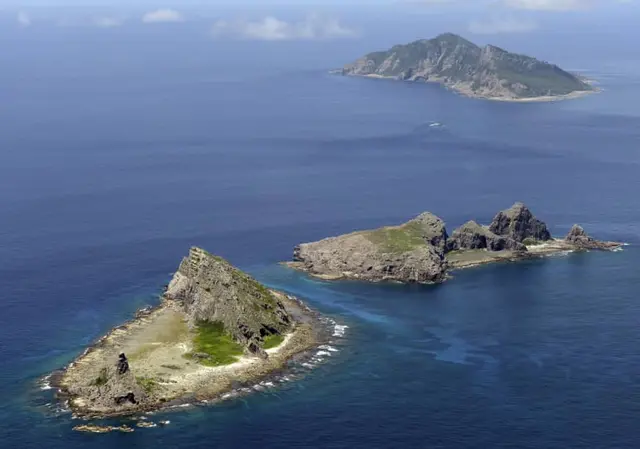The Japanese government has hired U.S. lobby firms in its efforts to smooth over "comfort women," an issue that has roiled Japan's relations with those countries whose women were forced into sexual slavery by Japanese Imperial Armed Forces during World War II, a U.S. newspaper said on Thursday.
At least two lobby firms, Hogan Lovells and Hecht Spencer& Associates based in K Street in Washington D.C., are keeping tabs on the issue for the Japanese government, The Hill, a congressional newspaper, said in an article published online.
Citing Justice Department records, the paper said the government in Tokyo paid Hogan Lovells more than 523,000 U.S. dollars from September 2012 to August 2013, while Hecht Spencer received 195,000 dollars over the same period.
The Japanese government said it has repeatedly apologized over the treatment of women during Japan's occupation of Asia and Pacific Islands in the 1930s and 40s, including a 1993 statement issued by then Chief Cabinet Secretary Yohei Kono in which Japan acknowledged the military's responsibility for forced recruitment of women into sexual servitude and apologized to the victims.
"But past efforts in Japan to revise the statement, and remarks by some Japanese officials downplaying the issue, have inflamed activists and lawmakers," The Hill report said.
The U.S. House of Representatives adopted Resolution 121 in July 2007, urging the Japanese government to "formally acknowledge, apologize and accept historical responsibility in a clear and unequivocal manner" over the issue of "comfort women."
The U.S. Congress included language in an omnibus spending bill last month that urged Secretary of State John Kerry to raise the issue with Japan.
"They (Japan) tried to stop it, but once it passed, they kept quiet. They tried to ignore the issue of comfort women," Chejin Park, a staff attorney for Korean American Civic Empowerment, was quoted as saying by The Hill.
"Every year, we have been asking them to do it .. but they have never paid attention to the resolution," he added.
For Mike Honda, a Japanese-American congressman from California who introduced Resolution 121, the issue "remains unresolved."
"There are those who believe the Japanese government has apologized and sufficiently addressed this issue. I vehemently disagree," Honda wrote in a letter sent on Tuesday to Kerry.
He cited recent remarks by several Japanese public figures including the mayor of Osaka saying that comfort women were " necessary."
"As long as there is gender-based violence, especially in times of conflict, and as long as the government of Japan continues to ignore House Resolution 121, this issue remains relevant," a Honda aide said, adding Honda has spoken with Japanese government officials about the issue as well.
Some 200,000 women from China, China's Taiwan, South Korea, Indonesia, the Philippines and the Netherlands were used to boost Japanese soldiers' morale during WWII, a system that resulted in " mutilation, death or eventual suicide in one of the largest cases of human trafficking in the 20th century," as Resolution 121 put it.
In his letter to Kerry, Honda noted that few of the survivors are still alive: 55 remain in South Korea, 26 in the Philippines, 5 in Taiwan, and a few others elsewhere in Asia and the Pacific.
"There is true urgency," Honda's aide was quoted as saying. " Time is running out for the survivors to receive justice. Patience is a commodity these women cannot afford."
"The renewed attention to the issue threatens to put a strain on relations between the United States and Japan," The Hill warned, as Washington is trying to boost its alliance with Japan and South Korea in its rebalance toward Asia Pacific.
"The (State) Department shares Congressman Honda's concern over the importance of treating surviving women with dignity and respect, and we will respond to his letter as soon as possible," a department official was quoted as saying.
"We encourage the Japanese government to continue to address this issue in a manner that promotes healing and facilitates better relations with neighboring states," the official added.
A series of moves by Japanese Prime Minister Shinzo Abe, including his late December visit to the Yasukuni Shrine in central Tokyo, which honors Japan's war dead including 14 Class-A WWII criminals, and his attempt to downplay Japan's heinous war crimes, like massacres, forced labor and sexual slavery, have added to regional tensions heightened over territorial disputes.
 简体中文
简体中文





